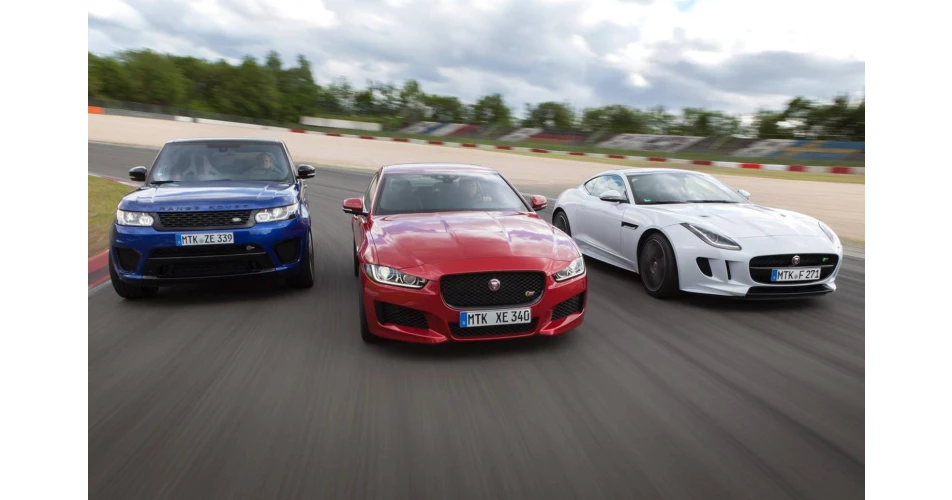Jaguar Land Rover has announced that it is investing in a multi-million £ research project that will help future autonomous vehicles drive naturally like human drivers, rather than like robots.
A fleet of Jaguar and Land Rover vehicles will be driven daily by employees of the London Borough of Greenwich, to establish how a range of different drivers react to real-world driving situations, including heavy traffic, busy junctions, road works and bad weather. Data from sensors in these cars will reveal the natural driving behaviours and decision-making that drivers make whilst driving, including complex and stressful scenarios. These include giving way at roundabouts and intersections, how drivers ease forward at junctions to enter a flow of traffic, or how they react to an emergency vehicle coming up behind their car whilst in a traffic jam.
The three year £5.5m 'MOVE-UK' project, which is led by Bosch, will also use this data to help develop insurance policies for future autonomous cars. Insurance experts will provide their expertise on the liability of certain scenarios using the real-world driving data supplied by the fleet of test cars.
Dr Wolfgang Epple, Director of Research and Technology, Jaguar Land Rover, said: "Drivers will need to completely trust the vehicle before they opt-in and engage automated systems. If an autonomous car can be programmed to have a very similar reaction to a real driver, then the autonomous experience will be more natural, and the driver more likely to allow the car to take control.” He added, "Ultimately we want to be able to give drivers the choice of an engaged or autonomous drive. If drivers have confidence in the automation they will seamlessly flick from one mode to the other. Autonomous mode will help with any challenging, or less stimulating activities on the journey, like parking or driving in heavy traffic. If this automated experience feels natural and safe, the driver will be able to genuinely relax and will be happy to let the car take control."
